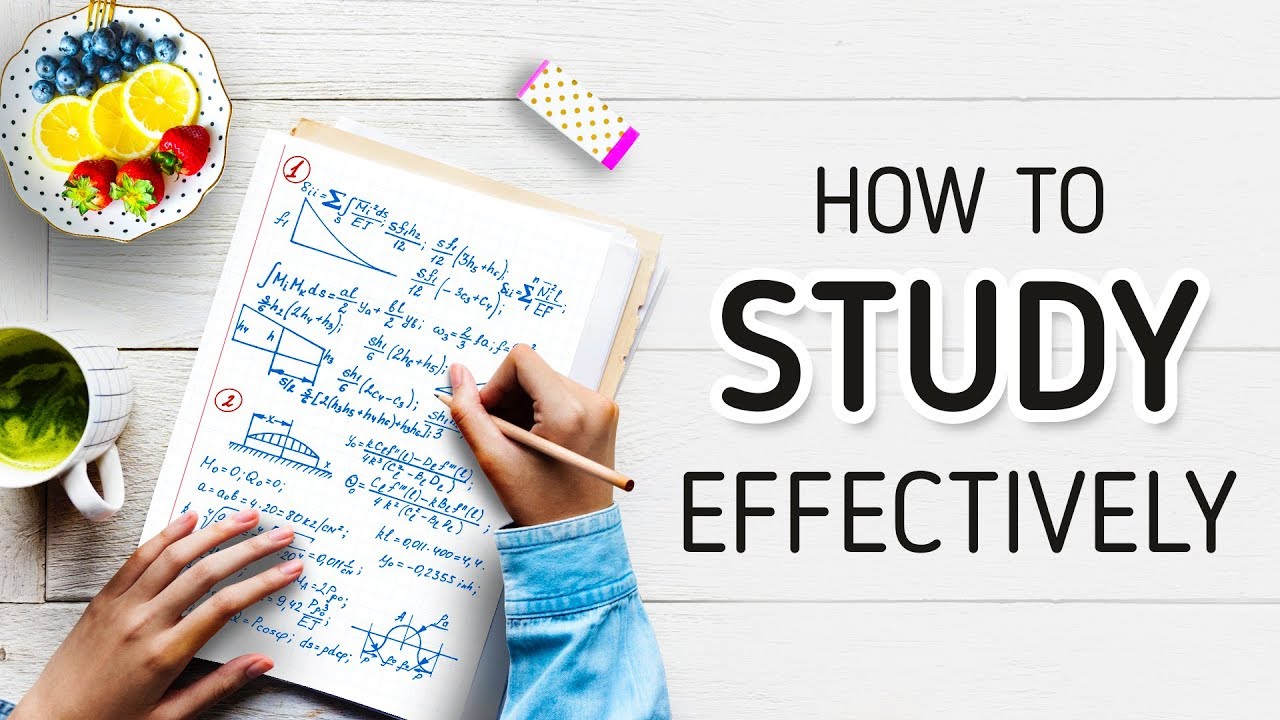
How To Study Effectively From Books and The Internet?
When you study for a particular topic, you tend to use a combination of sources – textbooks, reference material and the internet. Regardless of the complexity of the concept, including all the available resources might seem to make studies relatively easy. Although using various resources seems the correct way to go, you need to strike the right balance to achieve the optimum learning outcomes.
For instance, when you rely more on online resources, there are chances that you choose the breadth of information over depth. On the other hand, when you rely completely on books, you may run the risk of not having access to updated information.
Here is how you can strike the correct balance between books and the internet while ensuring that your learning outcomes are productive.
Allot time for each mode of study
It is likely that you get carried away with the breadth of information available on the internet. Reading paragraphs of text from a book is also time-consuming when a video on the internet helps you learn the concept more quickly. To strike the right balance, you can allocate time to learn from the internet to pick proper material that simplifies the concepts you would have learnt from the textbooks.
Ask teachers & peers for help
Your teachers would have referred to a variety of resources to prepare for the lessons. They have a fair idea of whether a particular lesson warrants the use of the internet or if textbooks will simply do. Consulting your teacher will help you find the right one between the multiple sources that are used. You could also study with your peers, divide the lessons and explain the concepts that you had just learned from the source of your choice. That would also serve as a good revision for everybody.
Minimise distractions
One of the main occasions when learning on the internet might be ineffective is when students get carried away with the distractions that the medium brings. You might suddenly want to play a game online or watch the trailer of the latest movie. Such distractions consume your study time. So to minimise distractions, you can set up periodic reminders to get back to browsing or temporarily block websites that can probably distract you.
Check authenticity & updated information
So far, we have touched upon some time management tips and efficient ways to utilise both mediums of learning. However, it is essential to understand each medium’s advantages and disadvantages and ensure that you work around them. For instance, the internet can have misleading or factually incorrect information sometimes. You must be cautious and rely on verified information from authentic websites only. Keeping a reference book would come in handy to verify the facts that you may have picked up on the internet. On the other hand, books can sometimes have outdated information, which makes the internet a go-to place for the latest details. So a quick cross-check will verify the facts.
